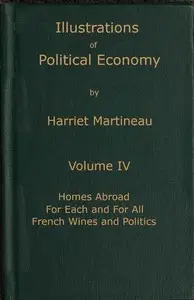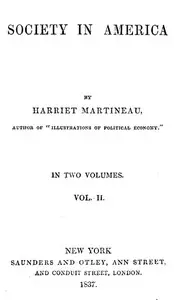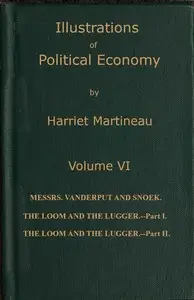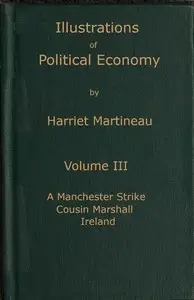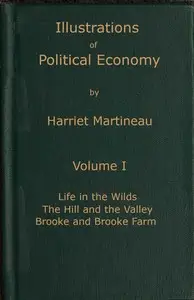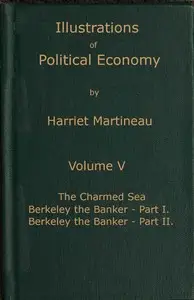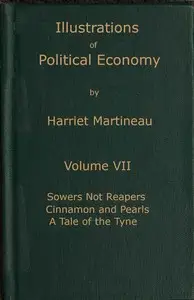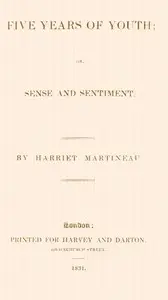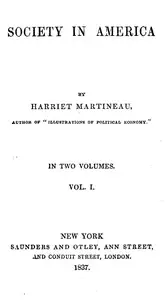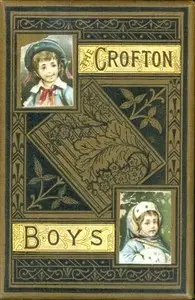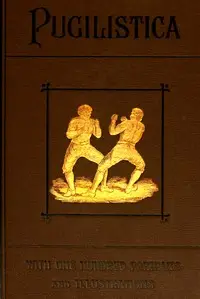"Illustrations of Political Economy, Volume 2 (of 9)" by Harriet Martineau is an anthology of stories using fiction to explore the economic and societal challenges of the 1800s. The volume contains three stories, including "Demerara," which tells the story of siblings Alfred and Mary Bruce who come home from school in England to their family's plantation, and soon encounter the disturbing truths about slavery and the plantation's neglect, showing the big differences between the beautiful scenery and the suffering of people enslaved. The book looks at the impact of slavery on people who are enslaved and the wider world, and will likely show the terrible effects of slavery and the difficult moral questions it raises.
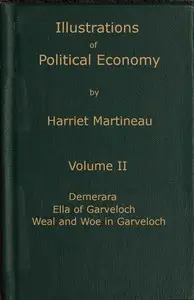
Illustrations of political economy, Volume 2 (of 9)
By Harriet Martineau
Returning home to their family's plantation, two siblings find the beauty of their surroundings overshadowed by the bitter reality of slavery and the moral compromises it demands.
Summary
About the AuthorHarriet Martineau was an English social theorist. She wrote from a sociological, holistic, religious and feminine angle, translated works by Auguste Comte, and, rarely for a woman writer at the time, earned enough to support herself. The young Princess Victoria enjoyed her work and invited her to her 1838 coronation. Martineau advised "a focus on all [society's] aspects, including key political, religious, and social institutions". She applied thorough analysis to women's status under men. The novelist Margaret Oliphant called her "a born lecturer and politician... less distinctively affected by her sex than perhaps any other, male or female, of her generation."
Harriet Martineau was an English social theorist. She wrote from a sociological, holistic, religious and feminine angle, translated works by Auguste Comte, and, rarely for a woman writer at the time, earned enough to support herself. The young Princess Victoria enjoyed her work and invited her to her 1838 coronation. Martineau advised "a focus on all [society's] aspects, including key political, religious, and social institutions". She applied thorough analysis to women's status under men. The novelist Margaret Oliphant called her "a born lecturer and politician... less distinctively affected by her sex than perhaps any other, male or female, of her generation."

